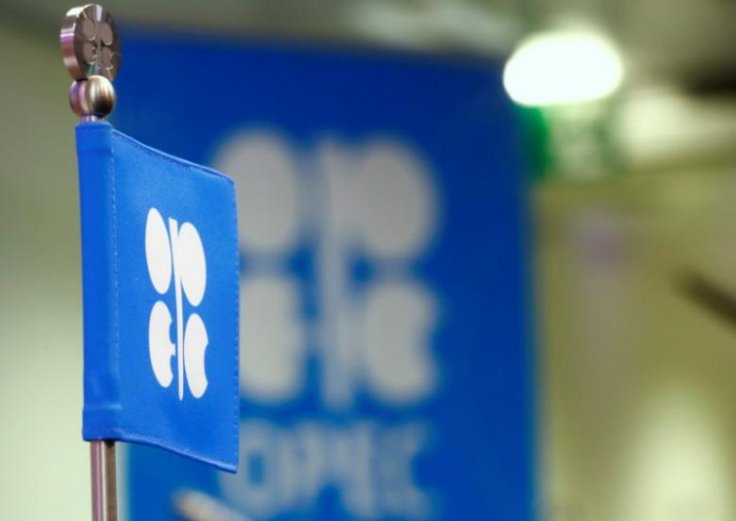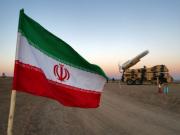
Qatar has said it's pulling out of the Organisation of Petroleum Exporting Countries (OPEC). Now the question is, when will the tiny Gulf emirate exit the six-member Gulf Cooperation Council (GCC).
The tense relationship between Qatar and its big brothers -- Saudi Arabia and the United Arab Emirates (UAE) -- had come unstuck back in June 2017 when Doha came under an unprecedented blockade orchestrated by Riyadh.
"The withdrawal decision reflects Qatar's desire to focus its efforts on plans to develop and increase its natural gas production," Qatar's energy minister Saad Sherida Al-Kaabi said in one of the tweets announcing the abrupt decision.
Though Qatar is a small player in terms of the crude output, it is the world's largest exporter of liquefied natural gas. The country also holds the third largest natural gas reserve in the world.
Ever since the economic blockade was slapped on Qatar, the country's position in the Saudi Arabia-led regional order had looked untenable.
The GCC, which includes Saudi Arabia, UAE, Qatar, Bahrain, Oman and Kuwait, had already become a dysfunctional body after having failed to implement any political or economic project to boost cooperation and integrating, such a s common currency.
Saudi Arabia, the de facto leader of the GCC and Opec, has been severely cut up with the Qatari leadership. Though officially Qatar was accused of helping terrorism, one of the real reasons behind the Saudi ire was the hefty diplomatic clout Doha had cultivated. Riyadh has also been wary of the peninsular nation's close ties with Iran, its arch enemy in the region.
Unverified reports had said that Saudi Arabia had in fact planned an invasion of the emirate last year, and was stopped at the last minute by the persistent efforts of former US Secretary of State Rex Tillerson.
Invasion ruled out, the allies in Riyadh and Abu Dhabi then rolled out the severest economic blockades to be enforced on a country in recent times. Qatari expatriates were expelled, road and air access points were blocked and trade of even essential goods stopped.
The economic blockade, however, failed to extract an apology and admission of guilt from Qatar. Instead, when Saudi crown Prince Mohammed bin Salman went to the back-foot over the killing of journalist Jamal Khashoggi, Riyadh appeared to soften its stance on Qatar.
Spurning Saudi Advances
The sudden pulling out of the oil cartel is perhaps Qatar's way of spurning the Saudi advances. Though it's a marginal player in the oil market, it would have made sense for Qatar to remain in the grouping as it's a commercial body. Compared with that, the membership in the largely superfluous GCC doesn't add up to anything significant for Qatar. By all means, the Arab League is the more potent platform for Qatar, now that its immediate neighbours have made it a pariah.
It's only a matter of time before Qatar breaks up the GCC. For Qatar, it's imperative that it looks beyond the Arab coalitions, which haven't really worked for it anyway.









